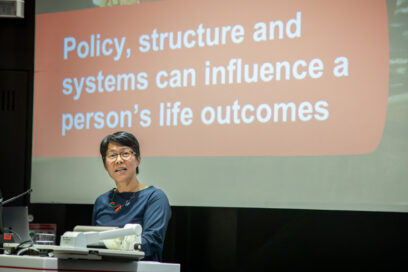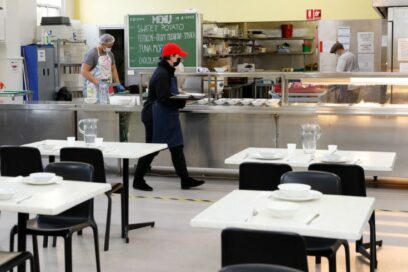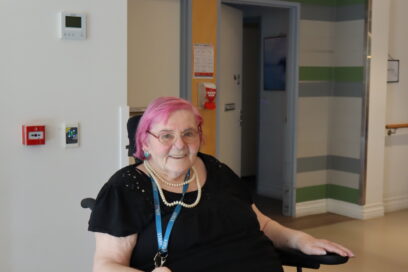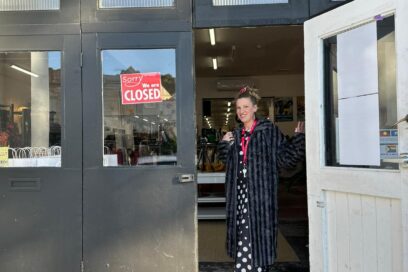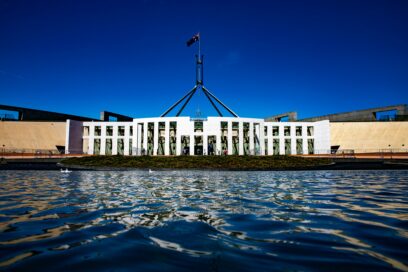The Federal Budget leaves our most vulnerable out, with no big increase in income support or social housing.
SHM is disappointed the 2020-2021 Federal Budget fails our most vulnerable who’ve been left out of the COVID-19 recovery plan with no substantial increase to income support payments for people living on or below the poverty line.
Equally concerning, is the lack of solid investment in social housing, pushing people further into homelessness and poverty, including no offer of support to middle-aged and older women over 45 who are the most likely to be on JobSeeker.
Sacred Heart Mission CEO Cathy Humphrey says the sector recognises the significant budget spending is designed to lift Australia out of the recession brought on by the COVID-19 pandemic, however the lack of job diversity for women and an increase in assistance for male-dominated industries instead, such as construction, is alarming.
“The female population is at risk of being left further behind in the crisis and unable to recover financially; while assistance for youth is welcomed, the net needs to be spread wider to ensure no one falls through the cracks,” Cathy says.
“The budget’s housing focus is limited to first-home buyers – providing a leg up from the government for people who are already likely to be able to afford a home in the next 2-5 years.”
Cathy says the major focus should have been a real investment into social housing which creates jobs as well as prevents and reduces the long-term impacts of disadvantage, because the sector cannot afford another wave of homelessness.
“Economists, homelessness and housing experts from across the political spectrum have been calling for social housing investment; with support from the State and Territory governments to highlight ‘shovel-ready’ projects that can start immediately,” Cathy says.
“We know rental stress has soared during the COVID-19 pandemic, and it will only escalate over time as jobs continue to be lost, and the income support provided to those who aren’t employed or are unable to work is cut off.”
While increasing the National Housing Finance and Investment Corporation’s (NHFIC) cap to provide more lower-cost loans for developers and community housing providers to invest in affordable housing is positive, this however, is not the same as direct investment into social housing for those who need it most.
“We also support the government’s cash payments for welfare recipients, including pensioners and disability carers, as well as an investment into 23,000 home-care packages for ageing community members; but we believe more needs to be done to provide greater numbers of Level 4 Home Care Packages to reduce the numbers of older Australians entering residential aged care,” Cathy says.
“The investment into mental health services, including doubling the amount of funded psychology sessions per year for those with a Mental Health Care plan from 10 to 20, and the immediacy of that change, alongside several other announcements in the mental health area are extremely positive in supporting our social recovery from COVID-19, and we welcome further announcements after the Productivity Commission releases its final report into mental health and suicide shortly.”
However, the extra funding in mental health services has to filter down to marginalised communities who struggle to access basic health care and services; this is vitally important.
“We are hopeful that the government responds to the findings of the Royal Commission into Aged Care, Quality and Safety due to be released next year, after the well-documented challenges to the sector during COVID-19.
“Looking ahead, we have no room for a second wave of homelessness as service providers are already at capacity; any reduction in funding in homelessness services will have a massive detrimental effect on the sector, reducing their ability to support the people who need it most.
Despite mass advocacy across society – the community sector, economists and other experts, the government proceeded with its reduction of the JobSeeker payment on 28 September, and has thus far remained firm on the decision to reduce it further in December and return it to its inhumane and unlivable rate. We must continue to advocate for long-term change to Jobseeker.





